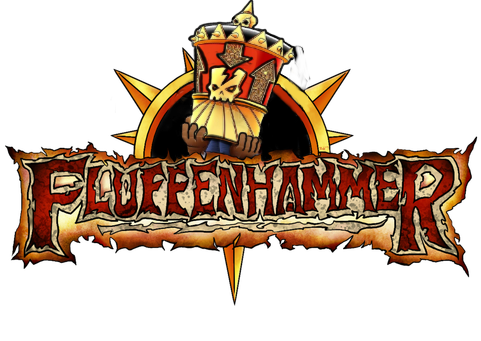Sunday Musings - Inquisitorial Memories
Each week, Adam times himself at 90s mins to write an article. This exercise tells you more about his general state of mind than anything else.
This week….we never suspect….
Many a years back, Games Workshop had a "Specialist Games" label that published smaller, less intense games. Mordheim, Necromunda and Blood Bowl all gained a stay of execution via the banner and all went on to great success from the teams that focused on mainly just that one particular lane. However, from that pond evolved a game that was equal parts a brave experiment and a clunky nightmare. A game that combined elements from all that had gone before with an attempt to marry the RPG-Kite of Warhammer Quest into something quite unique that fleshed out a corner of 40k that we still draw on to this day.
That game was Inquisitor.
Inquisitor was unique in a multitude of ways that have never been repeated in Games Workshops library. First of course comes the fact that the game needed a Games Master, a none combatant player to guide the story along and to keep the rules clean. The players themselves could pick whatever they wished, from Genestealer Cultists through to a Space Marine, but mostly it falls to an Inquisitor and his motley band to battle through whatever grimy hive they find themselves in. Inquisitor, unsurprisingly, is very much focused on it's namesakes, and the true strength of game comes not from the game itself, but the rulebook's dripping atmosphere and in-depth lore. It's here that people remember what was good about the release, having so much of this corner of 40k cracked open and examined in detail in manner not seen before.
The GM and players decide between themselves on which and what characters and equipment is picked, and whilst there is a vague allusion to points with an optional cost, it is one that does not go far enough to be able to balance out the system. Balance is a massive issue in the game itself, as the system is too heavy and unwieldy to play quickly. It's a convoluted experience at the best of times, using a d100 roll-under system for combat and skills checks. Injuries are a complex beast at the best of times, but coming after the modifier-heavy combat it can often feel a grind. It's a game that requires constant checking of the rulebook, which is not always a bad thing to be fair.
Actions are a very unique experience, as the player describes the cinematic series of actions the character will take and rolls D6's based on the Initiative skill. On each successful roll, one of these actions is successful and takes place. This systems does work really well and there's a sense to joy to be found when the series of movements succeeds, though the need o roll a 4+ seems unfairly high.
It's a halfway point (much like Rogue Trader was) between a tabletop skirmish game and an RPG and as a result it serves neither overly well. A more streamlined system would have served it well here, and does as we have seen in the more modern Inquisimunda living rulebook fans have created out in the Greater Internet Wilderness.
The other part of the release that is very much Inquisitor only is of course the miniatures. Scaled up to 54mm, GW went for a much more detailed (and so much larger) design for the characters, which varied in quality from release to release. It always seemed strange that there was no Master Of The Universe-style accessories releases to go alongside, as the pool of parts was very limited for kitbases and conversions compared to other releases of the day. The scale made it unique, but also made simple concepts like a play area larger and often unwieldy. It's why, thankfully, this long after the end of Inquisitor, projects like Inquismunda and the like have dropped the scale back down to something more workable.
Overall, Inquisitor is more a curiosity, a wonderful example of where the hobby was at in the early 2000s. It could have been something more if it had found a lane to stick to rather than merging elements of two separate tabletop experiences, but it was a genuine success in forging an engaging narrative way to play games. The lore and background provide an unmatched atmosphere that stood apart until the Dark Heresy RPG arrived many, many years after the fact. It's a fascinating example of being almost exemplary work, let down byt a horde of rules that get in it's own way. Still, Inquismunda and Inq28 both manage to rise from the ashes of the original and create something that is genuinely incredible.
As always, I remain
Adam



